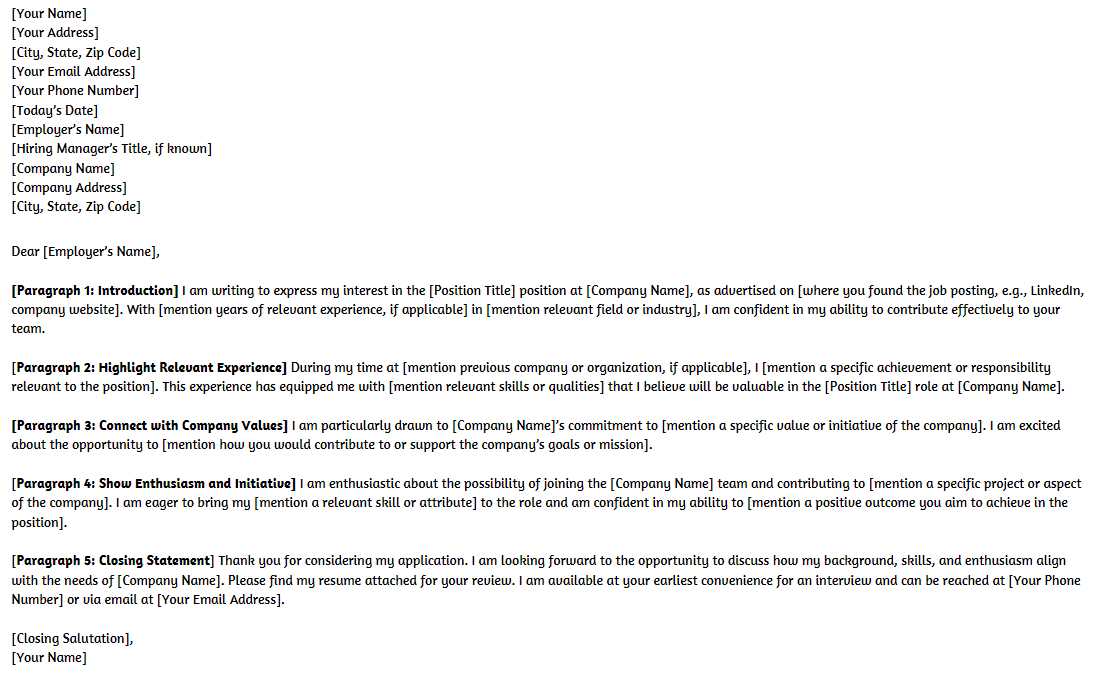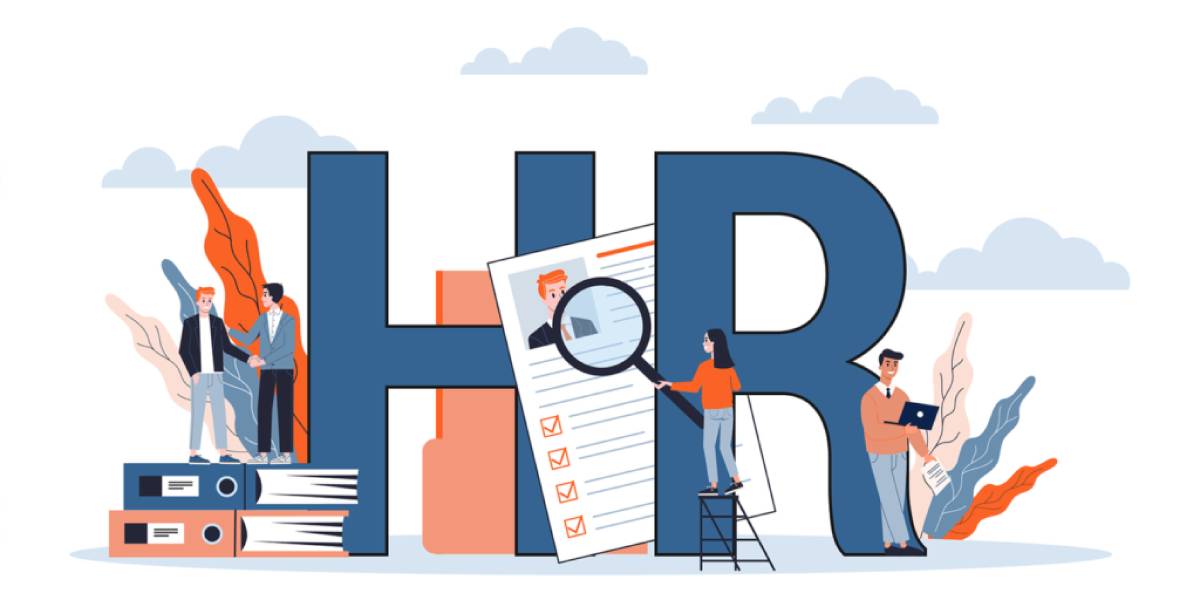A cover letter is a formal letter that is submitted together with a resume or curriculum vitae (CV) when making an application for a job. It is about introducing the applicant and also about highlighting his/her qualifications, skills, and relevant experiences that are required in the position that he/she is applying for. A cover letter is a piece of writing that aims to convince the employer that s/he should consider the candidate for the job and to offer more details and clarification than the resume may not include. Usually, cover letters comprise the applicant’s contact details, the specific address of the recipient, the greeting, the introduction, one or more paragraphs that furnish information about qualifications and experiences, and the closing statement that expresses gratitude and desire for an interview.
How to write a cover letter?
Research the Company: To be able to begin the writing, do your research about the company and the job you are applying for. Know the company’s culture, the values, and the particular duties of the position.
Format Your Cover Letter: The letter of your cover should follow a formal format. Write your contact information down at the top of your letter, and then put the date and the employer’s contact information under that. And after that, start with a formal greeting.
Introduction: The opening sentence should be interesting and catchy to attract the employer. Explain the particular position you are applying for, along with how you heard about it. You may also start by introducing yourself and by conveying your excitement through the message.
Body Paragraph(s): In the body of your cover letter, focus on your skills, experiences, and accomplishments that are related to the job post. Adjust this part depending on the job requirements and try to show how your qualifications make you a great fit for the position by emphasizing them. Use relevant examples to showcase your skills and achievements.
Address the Employer’s Needs: Prove the employer that you can measure their needs and describe how you can satisfy them. If you have any unique qualifications or experiences that make you stand out among the others, remember to emphasize them.
Closing Paragraph: Conclude your cover letter in a powerful closing sentence. Show your appreciation for being considered and remind them of your commitment to the job. You could also point out that you would be grateful if the opportunity arises for you to discuss your application further in the interview.
Closing: Sign off in a formal manner such as “Sincerely” or “Best regards,” with your full name. Make room for your signature if sending a hard copy of the letter.
Proofread and Edit: Make sure to read the cover letter you are about to send through and correct any mistakes in grammar, spelling, or punctuation. Besides that, it is also worth requesting a friend or workmate for some comments and corrections.
Customize for Each Application: Reformat your cover letter to meet the requirements of each job application. Make a point of the most important competencies and experiences that fit the employment conditions and the company.
Follow-up: Once you have sent your cover letter and resume, you might want to conclude the process by making a polite email or phone call requesting information about the progress of your application. This helps the employer to see how eager and dedicated you are.
Basic Template for a Cover Letter

Do I need a cover letter?
Whether you need a cover letter depends on the specific circumstances of the job application and the preferences of the employer. In many cases, submitting a cover letter along with your resume can be beneficial as it allows you to introduce yourself, highlight relevant experiences and skills, and explain why you are interested in the position.
Here are some situations where including a cover letter is typically recommended:
- When it’s requested: If the job posting specifically asks for a cover letter, it’s important to include one. Failure to do so may result in your application being disregarded.
- To explain unique circumstances: If you have employment gaps, are changing careers, or have other unique aspects of your background that you want to explain, a cover letter provides an opportunity to do so.
- To demonstrate interest: A cover letter allows you to express your enthusiasm for the position and the company, which can make a positive impression on hiring managers.
- To address specific qualifications: If there are specific qualifications or requirements listed in the job posting, you can use your cover letter to address how your skills and experiences align with them.
However, there are also instances where a cover letter may not be necessary:
- When it’s not requested: If the job posting doesn’t mention anything about submitting a cover letter, you may still choose to include one, especially if you believe it will strengthen your application. However, if it’s not explicitly asked for, it’s not strictly required.
- For online applications with limited space: Some online job application systems have limited space for attachments, in which case you may need to prioritize your resume over a cover letter. In such cases, you can still include a brief introductory message in the body of your email or application form.
People also look for
What is a CV? Meaning & Definition
What is an Appointment letter?
What is a Confirmation Letter? Its Essential Elements
Job Rejection Letters for Unsuccessful Candidates 4 Templates
FAQs
A cover letter should include an introduction, a body that highlights your relevant experience and skills, a connection to the company’s values or mission, and a closing statement with a call to action.
If the hiring manager’s name is unknown, you can address it as “Dear Hiring Manager,” “Dear [Company Name] Team,” or another appropriate and professional salutation.
While you can use a similar structure, it’s best to customize your cover letter for each job application to address the specific requirements and interests of each role and company.
Generally, it’s not advised to mention salary expectations in a cover letter unless explicitly requested by the employer in the job posting.

